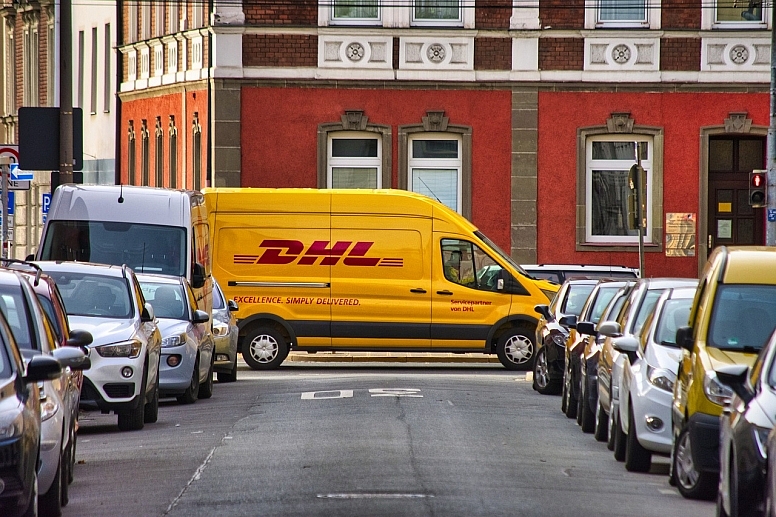
The Most Common Mistakes Logistics Companies Make in London
Why do some shipping and transport businesses do better than others? It's not for lack of desire, that's for sure. Instead, companies that struggle to gain a foothold in this competitive niche often make the same types of errors, fail to earn a profit during their first few years of operation, and then quietly close their doors.
Fortunately, there are many effective ways to avoid that fate.
The trick is avoiding the most common missteps, like relying on outdated software programs, not paying enough attention to fleet management, failing to track every asset, not using the right kind of inventory storage methods, and using inaccurate expense estimates.
From old software and poor fleet management to inefficient tracking and storage, find out why some shipping and transport businesses do better than others.
One or more of those problems is enough to sink an otherwise profitable enterprise, which is why it's vital to review the details of each error, beginning with the most frequent one, namely the use of outdated software.
Old Software
Using outdated software is one of the costliest errors but also one of the easiest to avoid. That's because logistical entities can upgrade or even fully replace their programs and apps and save thousands of dollars. There's really no downside, yet the reason so many smaller enterprises stick with outmoded programs is hard to figure.
Perhaps there's a sense of security for managers and supervisors who feel comfortable with a software product they already understand.
Non-technical adults often fall into the trap of avoiding upgrades for fear of having to learn new, potentially more complex technical skills. Consider the locations that your cars drive in as well.
If you operate and are driving in London, New York City, Los Angeles, or other notoriously tricky cities for driving, you need updated software as an ally to help with route management and overall productivity.
Poor Fleet Management
Not having an optimized fleet management system can be one of the most expensive errors of all in the transport industry. Even the most basic software products on the market can deliver excellent utility and a vast menu of features like live GPS tracking for real-time business insights, a full range of telematics data, and more. GPS tracking capabilities alone give managers the benefit of knowing the precise location of every vehicle 24/7.
It's also important to avoid fines and penalties for exceeding driver hours and going above allowable weight limits. Simple, efficient fleet management can solve hundreds of potential problems at once.
Inefficient Tracking
Fleet systems can track shipped goods from the minute they're loaded onto the truck, but companies need additional ways to locate items in warehouses, production lines, loading docks, and drop-off points.
One of the central benefits of good logistical planning is customer satisfaction. When a client contacts the seller and wants to know where an item is, it's critical to have an in-place tracking method for finding it.
Transport fleets are just one part of the entire logistics pipeline, which means managers must install efficient tracking programs to maximize customer retention strategies.
Illogical Inventory Storage
Inventory storage is a science, not an art. Unfortunately, too many managers prefer to keep everything warehoused until orders are placed and delivery vehicles are ready to load. The logical way to deal with inventory is to divide it into two basic categories: long-term storage and ready-to-ship.
That's why so many transport firms pull out orders as soon as possible and place the goods in a shipment staging area, away from the warehouse.












